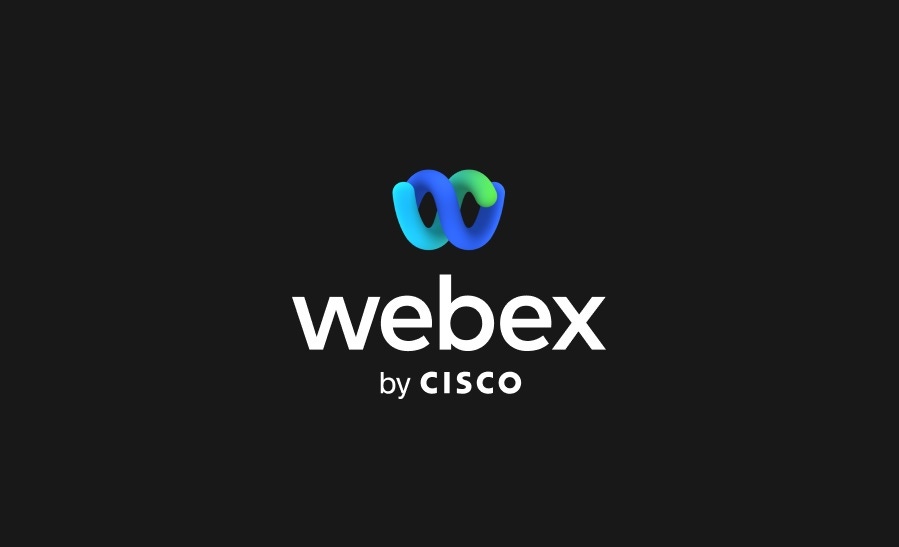Webex Integrates Intelligence Throughout its PlatformWebex Integrates Intelligence Throughout its Platform
Webex strutted multiple new features and integrations targeted at office workers and improving customer experiences advocating the sentiment that “magnets” work to draw employees back to the office not mandates.
March 29, 2023

During his keynote presentation on Tuesday morning at Enterprise Connect 2023, Snorre Kjesbu, senior vice president and general manager of Collaboration Devices at Cisco, banged the drum – echoed by many in attendance – on multiple milestones Webex has achieved in the last couple of years. These include partnerships with multiple automobile manufacturers, integrations with Cisco’s Room OS devices as well as Microsoft Teams, as well as improving end user and customer experience via AI.
Kjesbu said that Webex has many years of experience leveraging intelligence with audio, video, natural language understanding, and analytics. The inference is that this experience gives Cisco an advantage in the suddenly very-hot field of integrating AI into collaborative platforms because “AI is hard. What is even harder is taking AI and building experiences that are usable. Rushed AI makes for bad experiences. It must be applied correctly,” he said.
Webex will be fielding new functionality that applies AI across multiple modalities including facial and gesture recognition, creating and editing async videos and transcripts, meeting recaps and summaries, and background noise filtering.
“Today we’ll show how we’re optimizing collaboration experiences with the Webex suite. How we’re making office spaces a magnet, not a mandate,” Kjesbu said, “and how we’ve satisfied customers in milliseconds through all of these unrivaled experiences we’re implementing.”
Among the capabilities shown, Kjesbu highlights how Webex technology delivers “high-definition meetings without the need for high-definition bandwidth.” The Webex platform is capable of transcoding a 1080p video down to 270p, passing it over the Internet, and then using AI to scale it back up to a “super-resolution video now has higher resolution and quality than the original.”
A bit later In his presentation, Kjesbu showed how Webex can be used to dynamically enhance audio and suppress background noise while also optimizing the video of meeting participants. (This demonstration’s impressiveness was diminished by audio that stuttered and skipped – likely due to the thousand attendees packed into the keynote room who were probably placing significant bandwidth demands on what was probably the same network being used for the demonstration. However, these aren’t likely to be normal working conditions.)
Kjesbu went on to show how Webex Video Intelligence detects light levels and predicts the optimal lighting needed to dramatically enhance your video. “If you’re working in poor lighting from a hotel, or you’re burning the midnight oil, this helps ensure [that you’re] putting your best foot forward.”
Another interesting new capability will be delivered via integration with Cisco’s Room OS line of devices, and which attempts to address inequity in meeting participation among those “dialing in” remotely and those who are physically present.
As Kjesbu said that with most existing video platforms, “You might get a shot from my side or even worse the back of my head. We can fix this. The way to fix this is with multiple cameras – and multiple streams from those cameras. This will give you the best view of any meeting at any moment.” Combined with facial and gesture recognition, audio AI techniques as well as clever panning and boundary technologies, the final product is more cinematically glorious than any meeting video probably has a right to be. (Maybe the promise of looking like a million-dollar movie star during a budget review meeting will prove to be the “magnet” that draws people back to the office.)
It should be noted that multiple cameras and multiple streams sounds like a great idea in principle, but the reality will require capital investment both for the cameras and for the wherewithal to run the cables (if Wi-Fi proves insufficient) to those endpoints. That of course requires IT expertise -- and maybe a few Cisco access points.
Webex brought Jono Luk, vice president, product management, Contact Center, Security & Management at Webex by Cisco) to speak about the success of its Contact Center platform. Luk said that Webex powers over 25 billion digital interactions a year across multiple modalities (e.g., WhatsApp, Facebook Messenger, Twitter, and Instagram).
Luk also said that its contact center offering focuses on communicating with customers in the way the want at the time they want – while giving agents all the customer information they need to know (who they are, their profile and their interaction history with you) regardless of the contact modality used by the customer.
To help orchestrate and automate this customer journey, as Luk put it, the company has released Flow Builder, a low-code/no-code way to leverage things like self-service bots and customize that sequence of activities to help the customer realize their desired outcome.
An add-on feature to Flow Builder, called Generative Code for Journey Orchestration – available soon – will allow developers to instantly generate code to create new flows or modify existing customer journeys by simply describing what is wanted. According to Webex, this is a huge benefit to developers because it makes it much faster for them to iterate and create more personalized experiences.
Other new features that will be delivered in 2023 include:
· Using AI to achieve not just sentiment analysis, but true emotional intelligence across chat, voice, and video.
· Tapping large language models to extract key takeaways from chatbots and calls for summaries of the customer's conversation history.
· Deploying AI assistance to generate insights that help the back office understand important trends about customer interactions and use them to maintain happy and satisfied customers – and perhaps even grow revenue.
Overall, in its keynote presentation, Webex certainly took its own advice and put its “best foot forward” regarding its product strategy and vision for 2023.
Editor's Note: For a look at how Cisco's recent Webex developments are part of its definition of "the next normal" and how it's establishing its AI-enabled features in the collaboration arena, see Zeus Kerravala's analysis, Cisco Loads Webex With AI Features.
About the Author
You May Also Like





